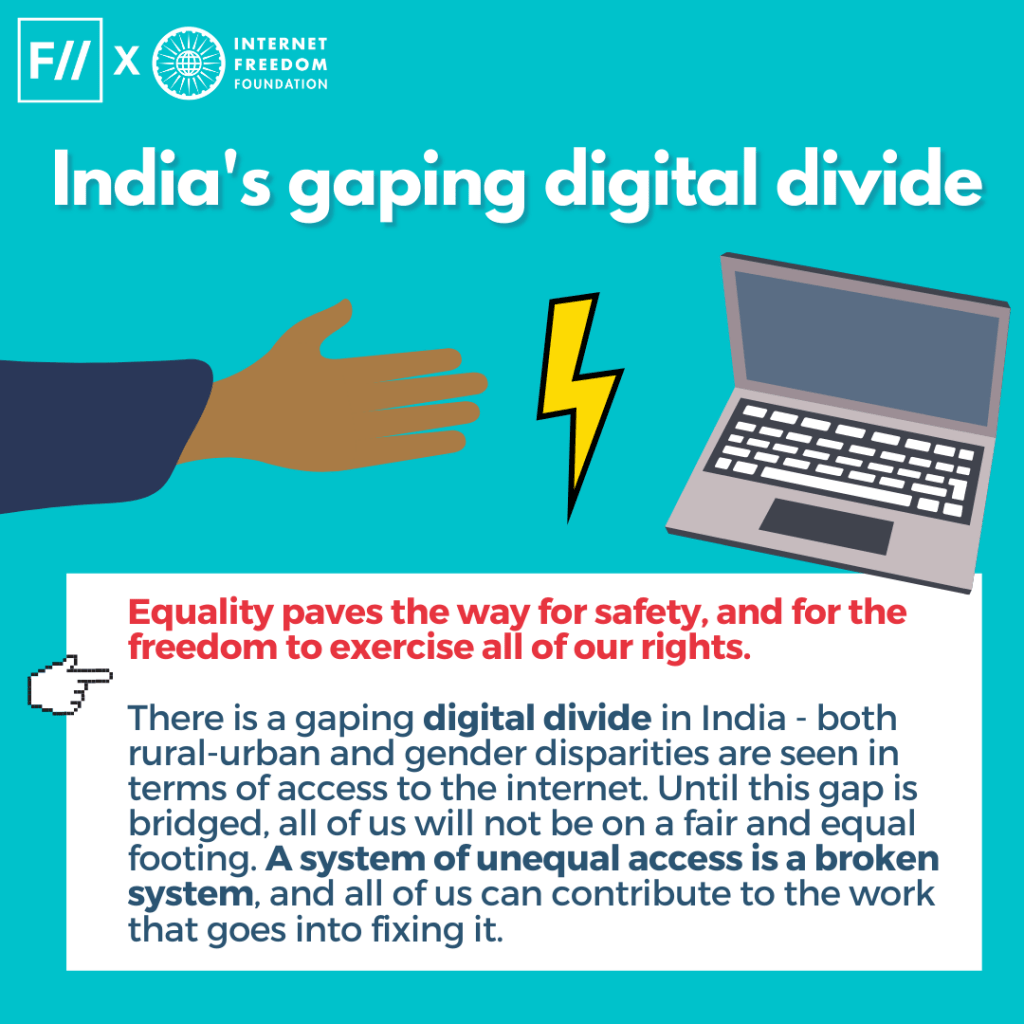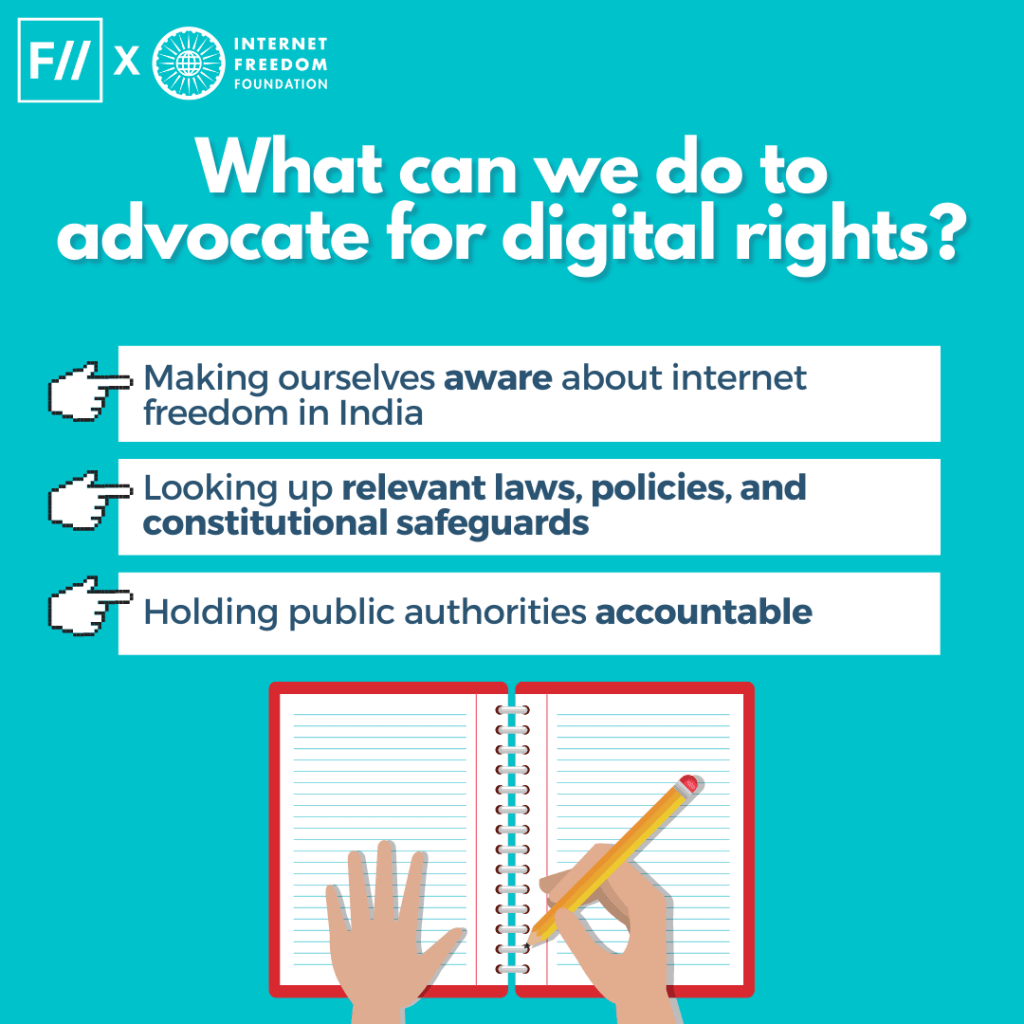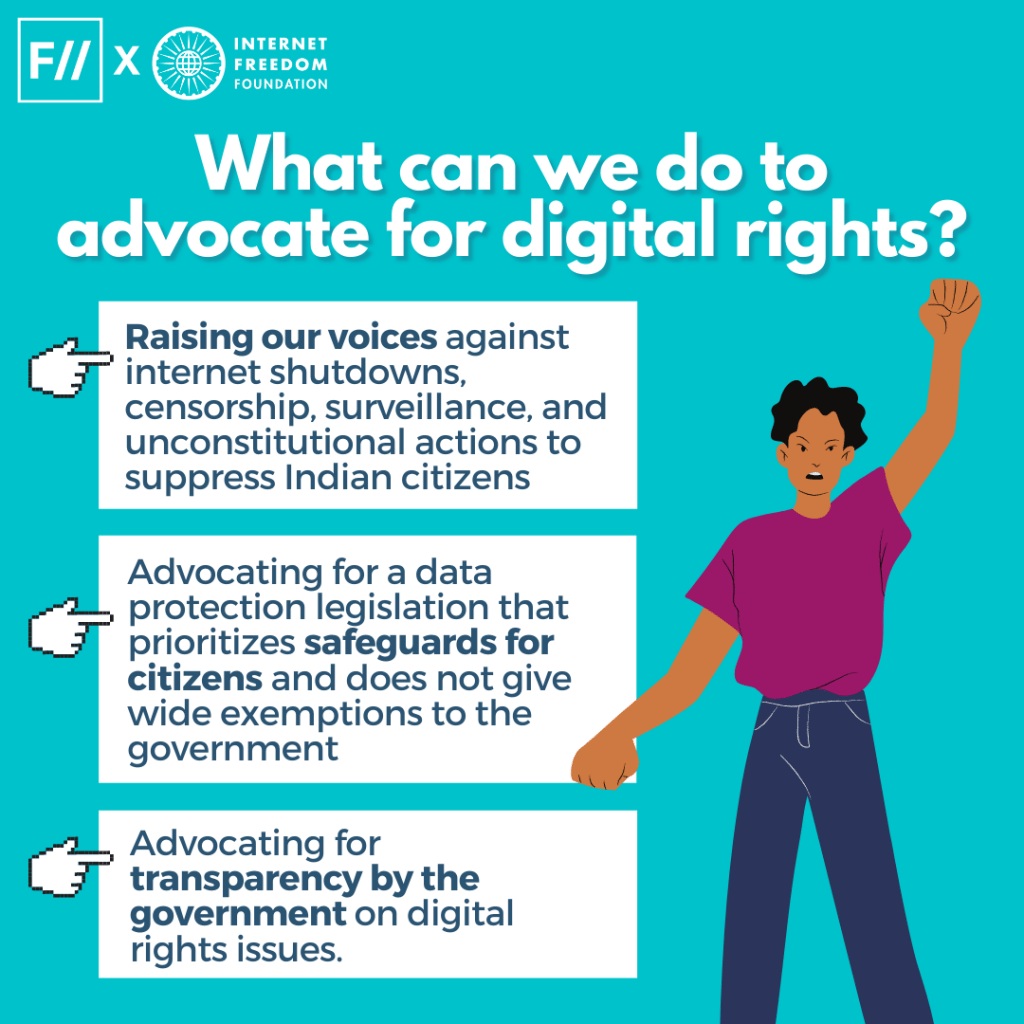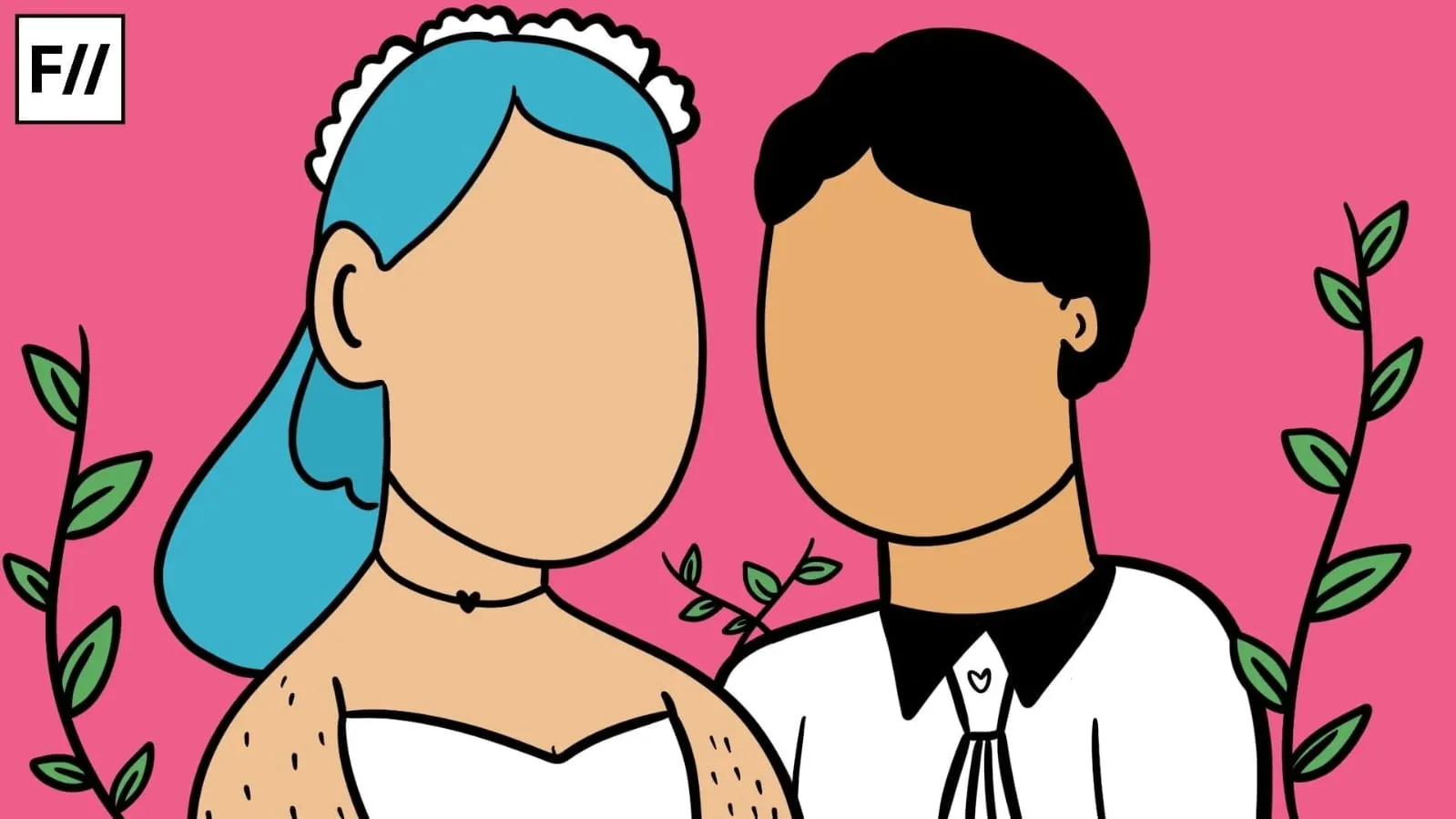Did you know that, according to Internet Shutdown Tracker, India has had 469 internet shutdowns imposed on its people since 2012? With access to internet being a fundamental right, the frequency of shutdowns is a matter of concern. On International Safer Internet Day, Internet Freedom Foundation helps us understand how the internet needs to be an accessible and safe space for citizens to be able to exercise their rights fully!

What’s the internet got to do with fundamental rights?
The internet is one of the most important mediums through which we exercise our fundamental rights. We use it to work, play, protest, and stay connected to our loved ones. Digital rights are not the concern of only activists or technologists – the internet is home to all of us, and so its protection is an urgent and critical issue for everybody.

Some worrying trends:
- Internet shutdowns during protests and conflicts
- Rising censorship in journalism, media, and social media
- Potential surveillance by public authorities and dwindling privacy
Such instances can slowly create a chilling effect on people’s behaviour and social interaction, which should not become the norm.

Why is this a feminist concern?
- Because one’s gender identity, religion, caste, etc. can also affect how safe one feels online
- Because equality in the virtual world is also a feminist concern
- Because one’s access to the internet is also decided by the intersections of their identities

Also read: Minorities And Cyberspaces: How Neutral Is Our Internet?
India’s gaping digital divide
Equality paves the way for safety, and for the freedom to exercise all of our rights.
There is a gaping digital divide in India – both rural-urban and gender disparities are seen in terms of access to the internet. Until this gap is bridged, all of us will not be on a fair and equal footing. A system of unequal access is a broken system, and all of us can contribute to the work that goes into fixing it.

What can we do to advocate for digital rights?
- Making ourselves aware about internet freedom in India
- Looking up relevant laws, policies, and constitutional safeguards
- Holding public authorities accountable

- Raising our voices against internet shutdowns, censorship, surveillance, and unconstitutional actions to suppress Indian citizens
- Advocating for a data protection legislation that prioritizes safeguards for citizens and does not give wide exemptions to the government
- Advocating for transparency by the government on digital rights issues.

When is a good time to start caring about digital rights?

About the author(s)
Manasi is a Gender & Sexuality campaigner at Jhatkaa.org. She is the former Digital Editor at Feminism in India and a researcher in the field of women and work. She hopes to keep learning and unlearning about feminism and intersectionality, and to create meaningful impact through her work.




